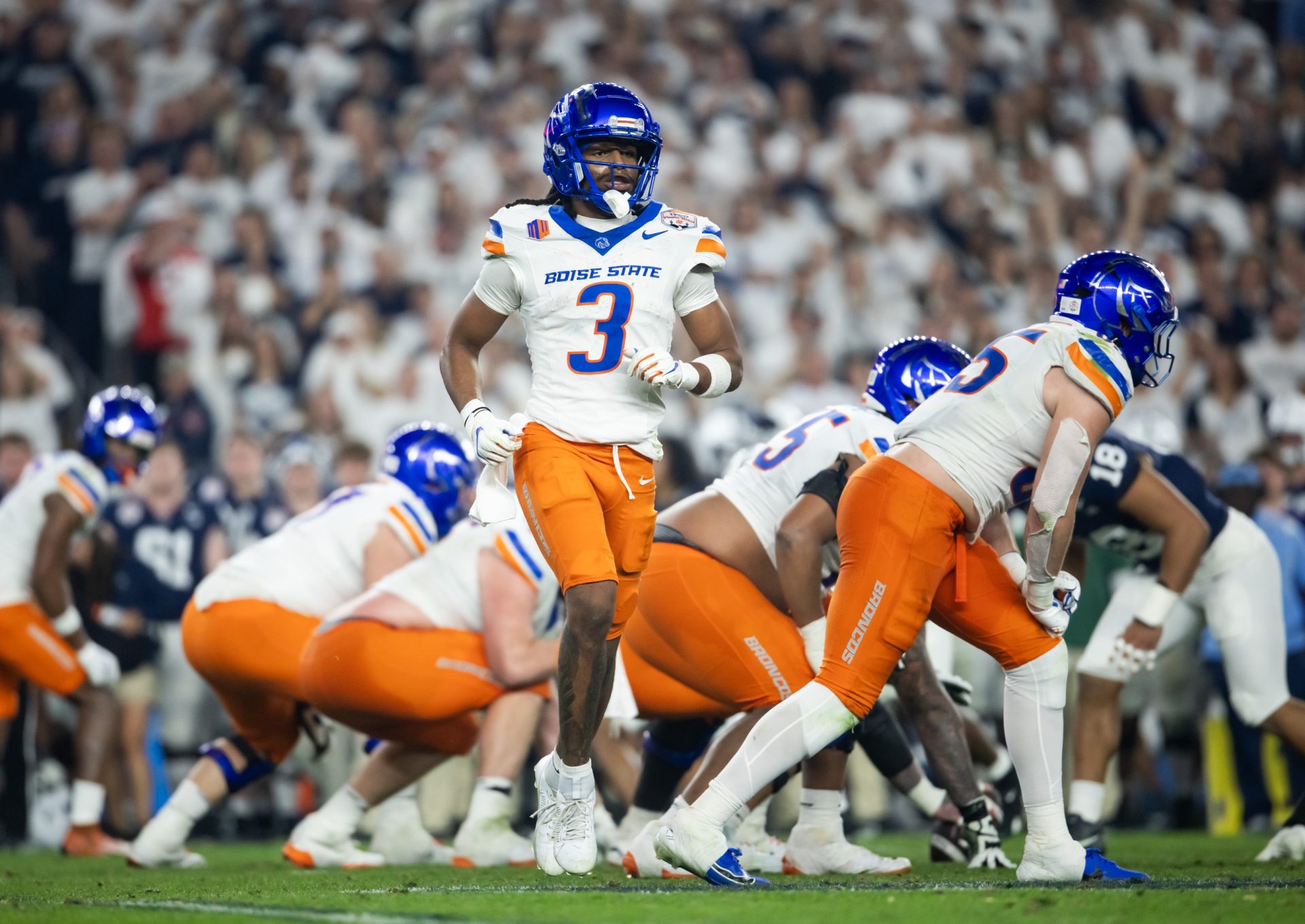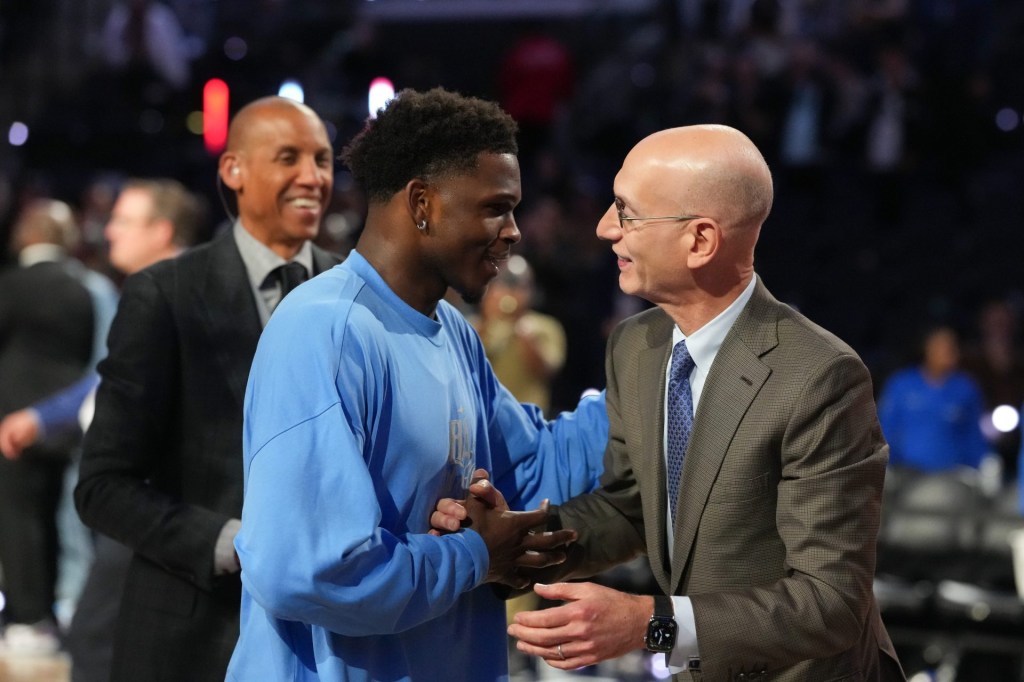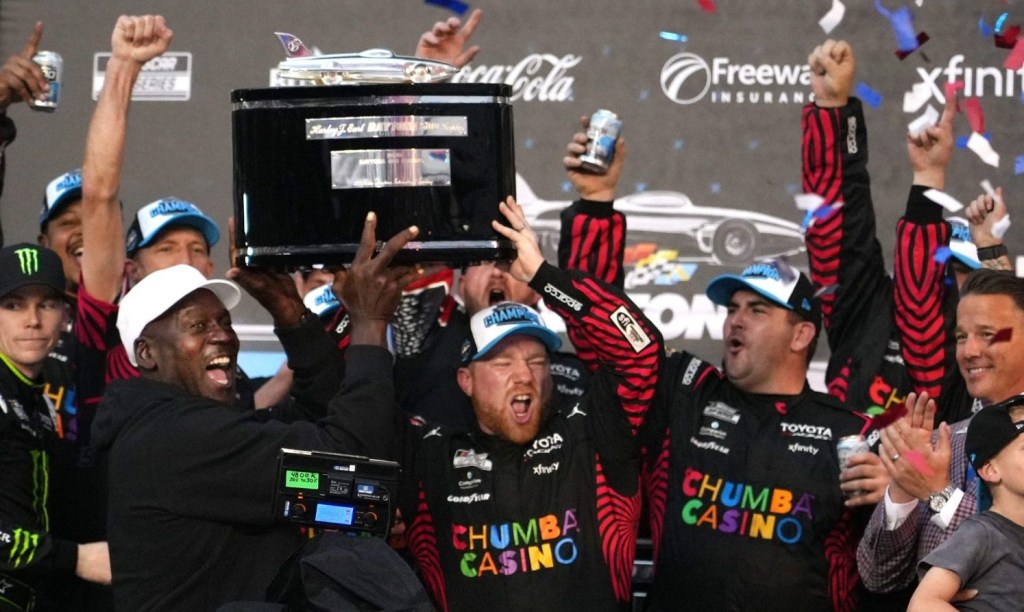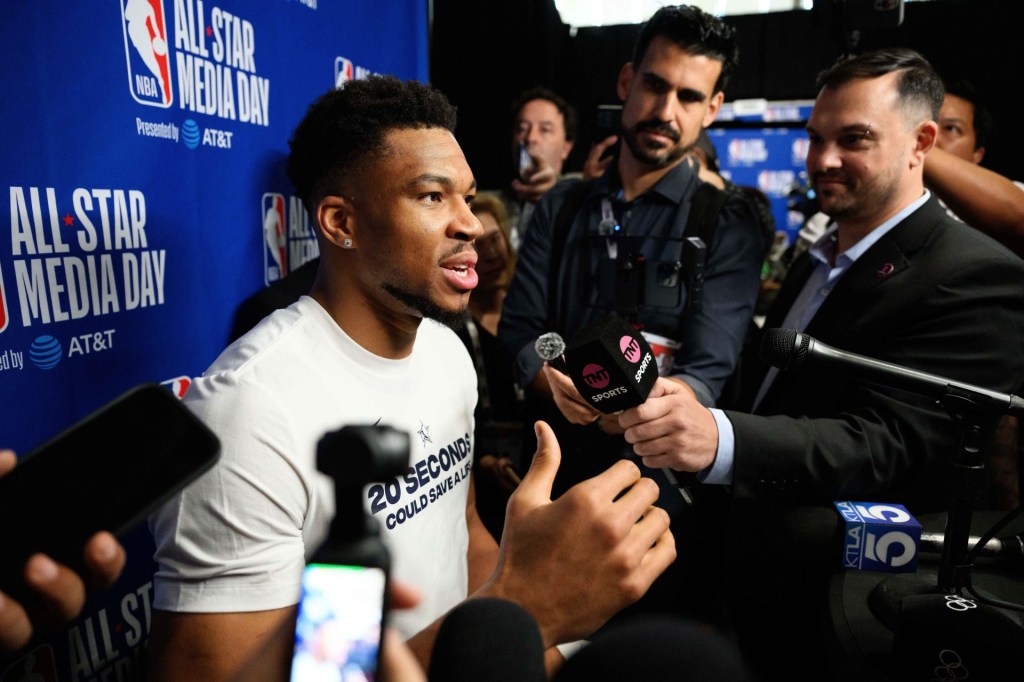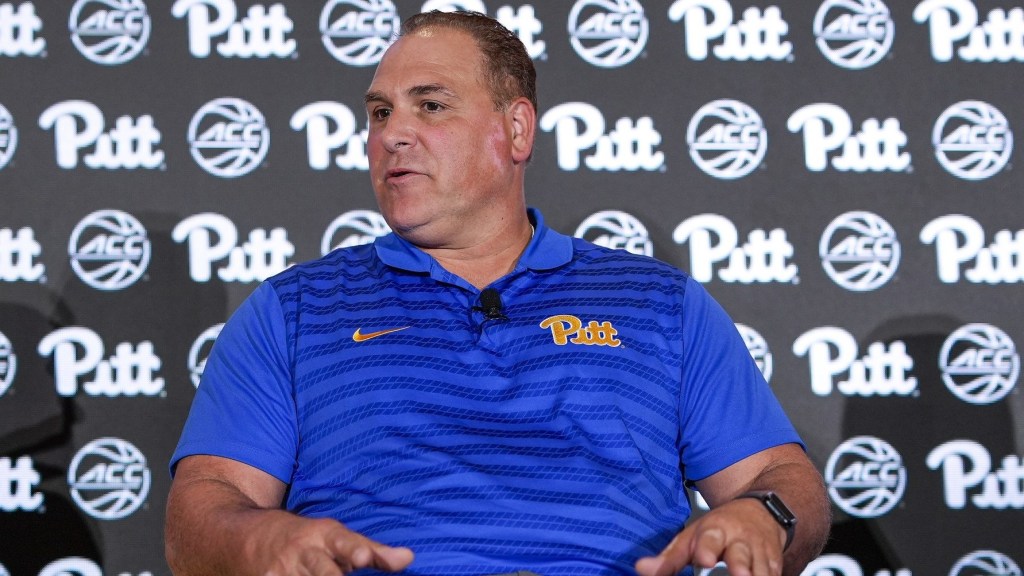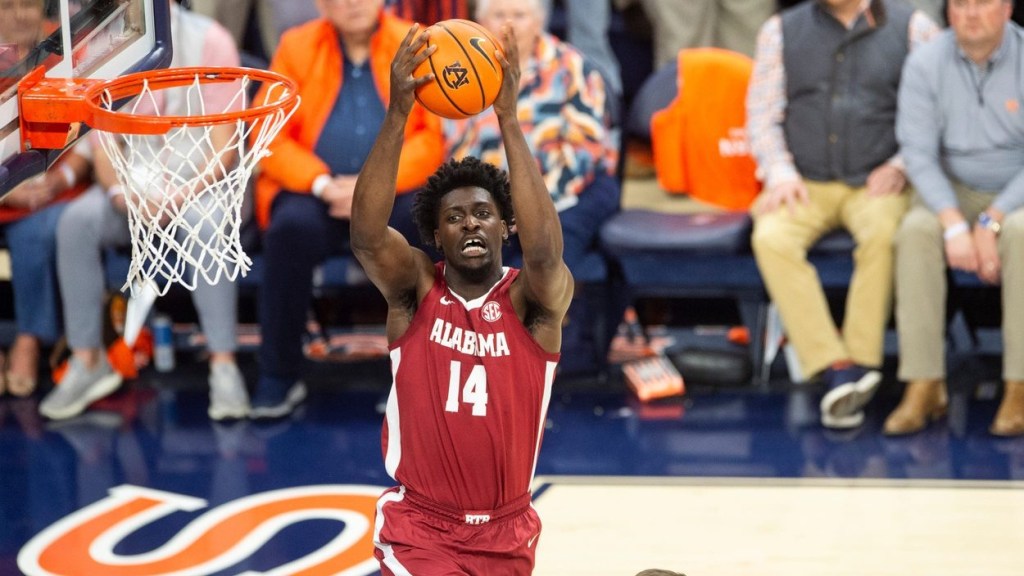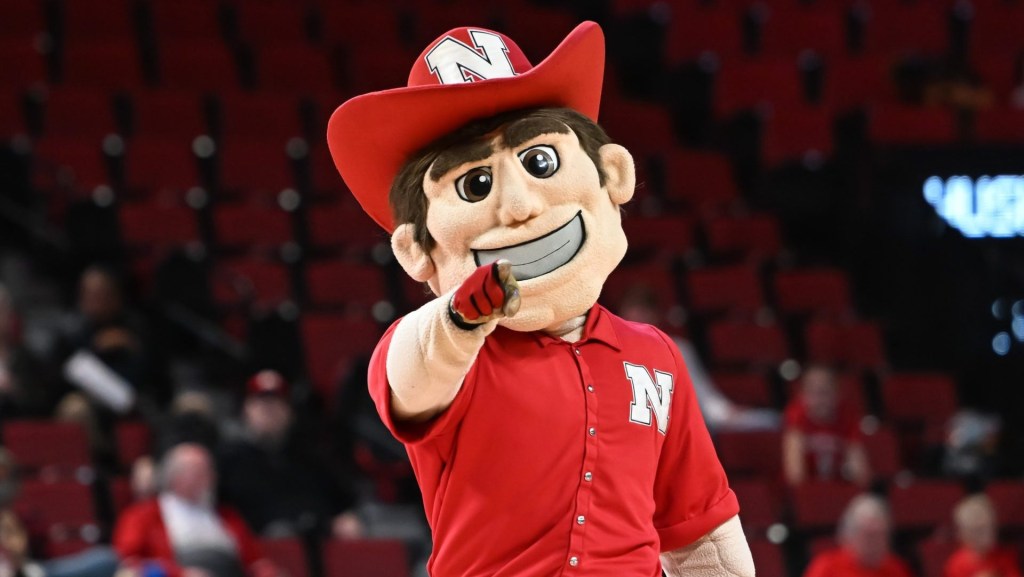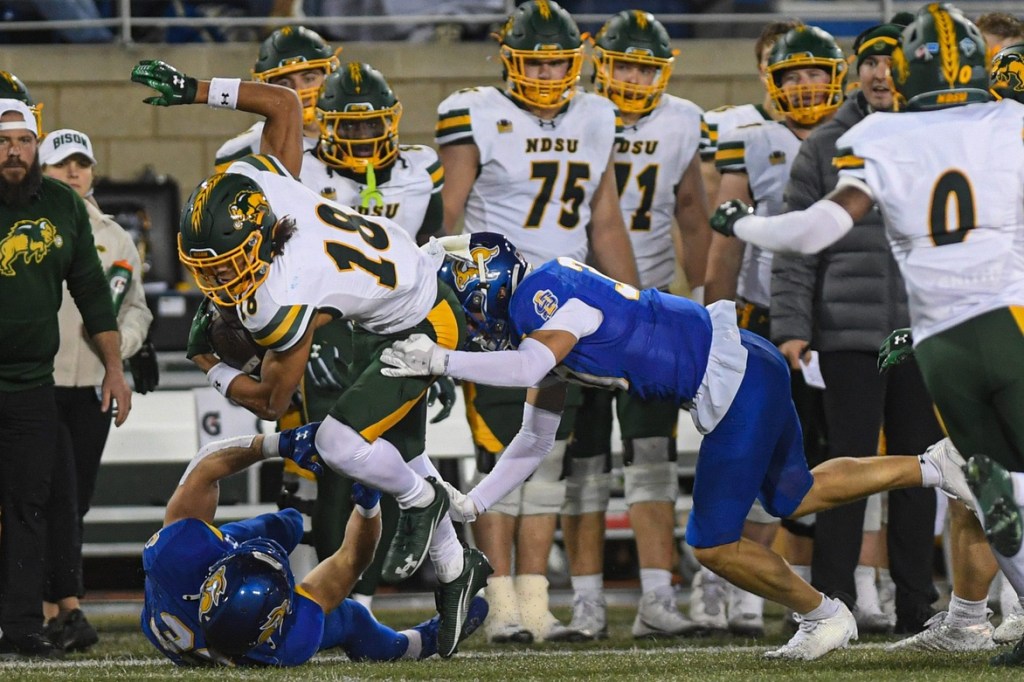ORLANDO — Boise State is “actively considering” bringing private-equity investment into the Broncos’ athletic department, and expects to have a deal in place “within the next six months,” athletic director Jeramiah Dickey tells Front Office Sports.
“Ultimately, I need to create more assets for my institution and state,” Dickey says. But because the athletic department doesn’t earn as much money as some others, “I have to get that much more creative, which means I have to take that much more risk, and appropriately so,” he says.
The Broncos have set up an entity called the Bronco Athletic Growth Solutions (BAGS), which runs through the athletic department foundation. BAGS is looking into “things that I would still define as nontraditional that create new revenue streams,” Dickey says, including private equity. The entity has been assessing different types of private-equity opportunities. For example, they could go the route of private credit, which would help pay for facilities upgrades.
Boise State wouldn’t be the first to private equity, however. On Monday, Elevate and private-equity firm Velocity Capital Management announced a new $500 million college sports private-equity investment arm called the Collegiate Investment Initiative. Two schools are reported to have already agreed to receive funds—Boise State is not one of them, Dickey says. Two other firms, RedBird Capital Partners and Weatherford Capital, announced investment arms dedicated to college sports in 2024, but they have not announced any schools that have signed on.
PE investment could be available at the conference level in the future, too. Dickey says that he expects there to be “new opportunities” through the Pac-12. Big 12 commissioner Brett Yormark previously told FOS that the conference had paused PE talks recently, but other commissioners, including the AAC’s Tim Pernetti, have expressed interest.
Private-equity firms nationwide have wanted to get a foothold in college sports over the past few years, but school administrators have been hesitant. That appears to be changing, especially as the approval of the House v. NCAA settlement means Division I programs will need more revenue streams to pay athletes.
“If I feel it will help us, we’re going to do it,” Dickey says.
